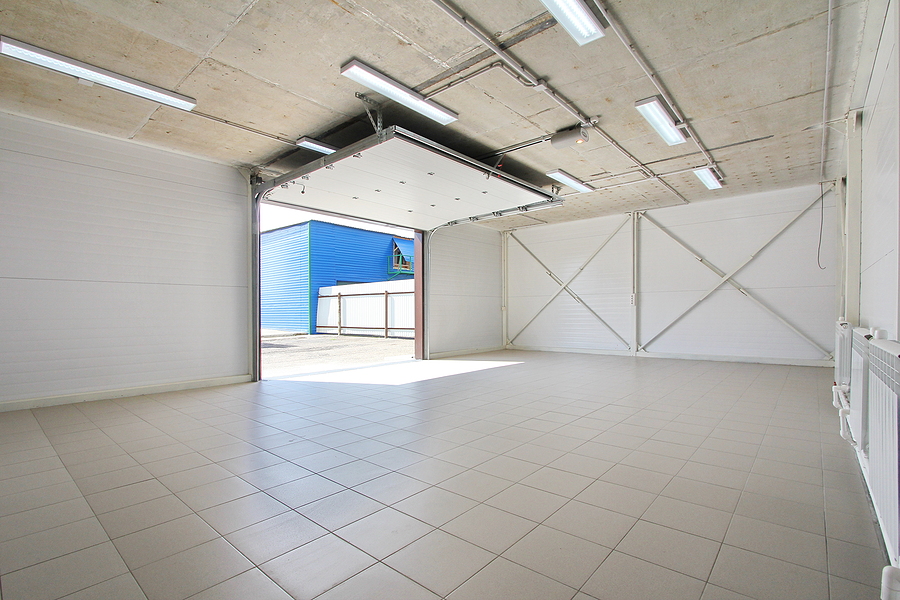Garage Floor Tile: Pros and Cons

If you’re thinking of having your garage floor refinished, tiles are one material choice to consider. They provide about the same protection as a coat of paint. You can choose from two types: interlocking floor tiles and the peel-and-stick variety. Here’s a look at the pros and cons of garage floor tile.
The Price of Garage Floor Tile
Redoing a garage floor is a relatively inexpensive project. However, garage floor tiles can considerably add to your cost. Tiles cost about $3-$5 per square foot, making them one of the costliest floor options. Garage mats are similar in price, so you may want to compare tiles and mats before deciding which floor finish to use.
Which Tile To Choose
Interlocking floor tiles are square, usually 12 inches or 24 inches, and snap together. Peel-and-stick tiles adhere to the concrete floor beneath. Interlocking tiles can be installed over concrete floors that are stained or cracked, while peel-and-stick tiles need to adhere to a floor that’s in relatively good shape and free from heavy stains.
Installation
Garage floor tiles can take a lot of time to install. If you’re planning to use peel-and-stick tile, the floor must be free of dust and dirt so that the adhesive will stick. Once they’re in place, they are pretty stable. Interlocking floor tiles sit on top of the garage floor, so dust and dirt are less relevant to installation. However, because they don’t adhere to the floor, they are susceptible to moving and sliding.
Tile Floor Maintenance
By design, the materials garage tiles are made from don’t absorb chemicals, so cleaning is easy. You can spray them off or use a wet mop. Soap and cleaners are usually unnecessary.
There are several factors to consider if you plan to have a professional install garage floor tile. Whether you choose the peel-and-stick type or interlocking floor tiles, doing some research can help you make the best decision.
